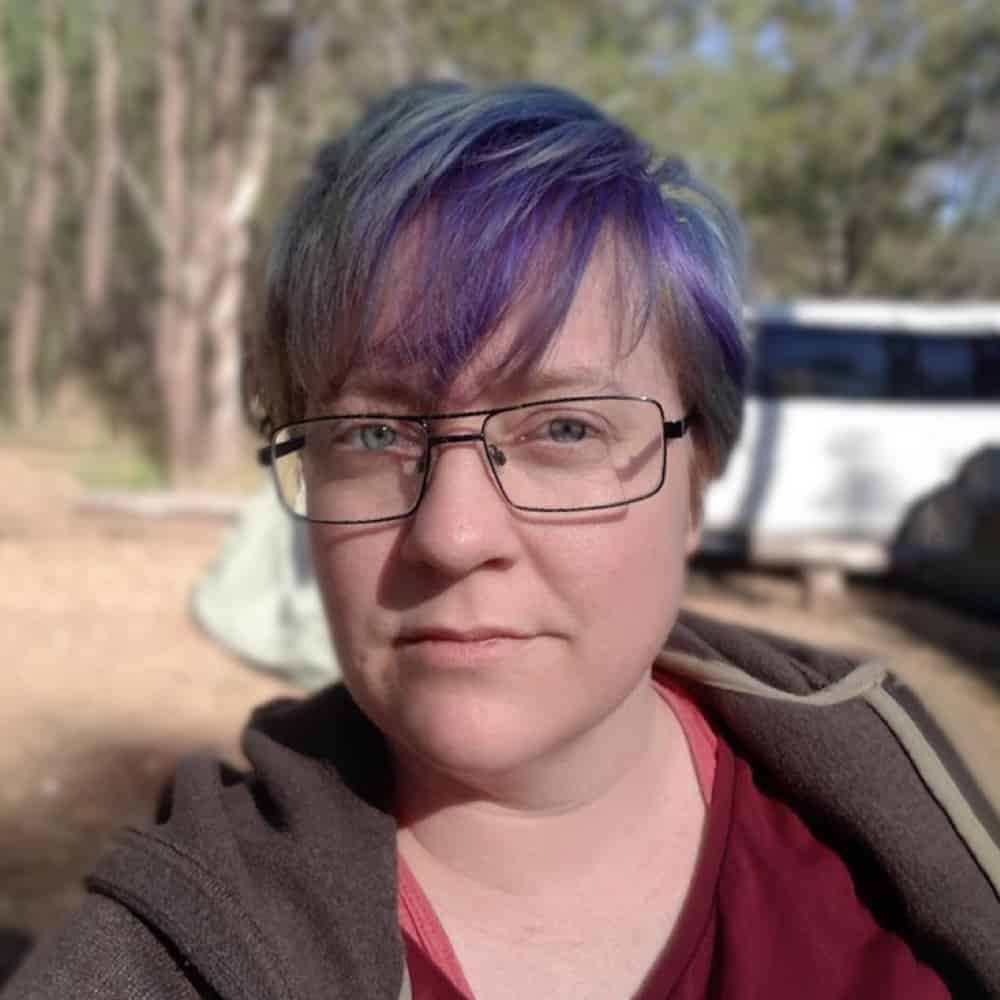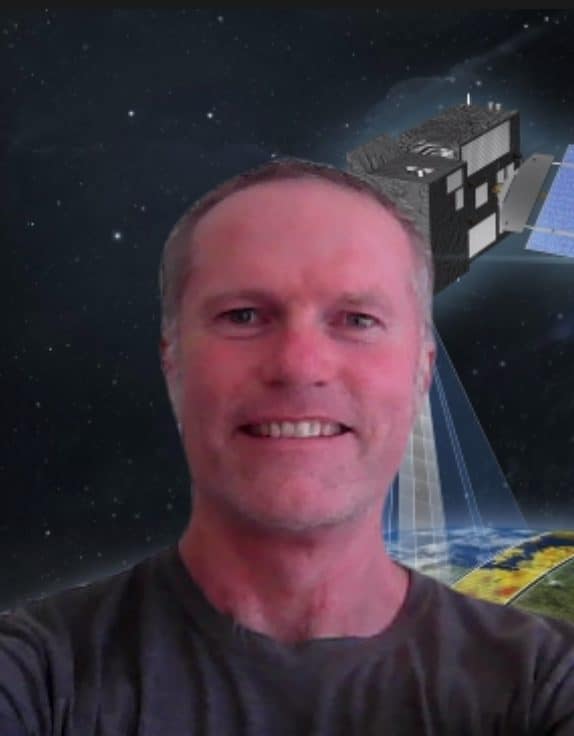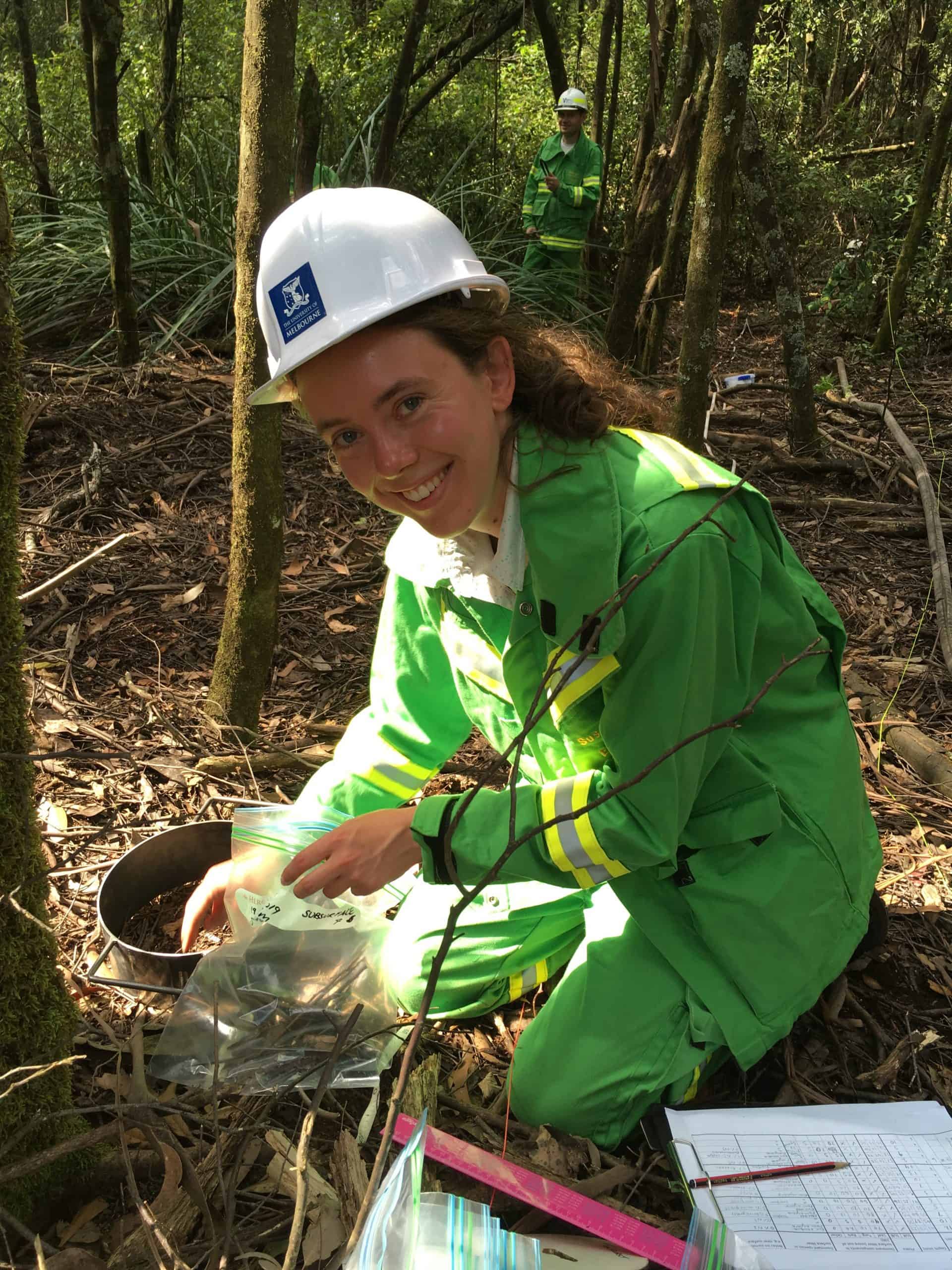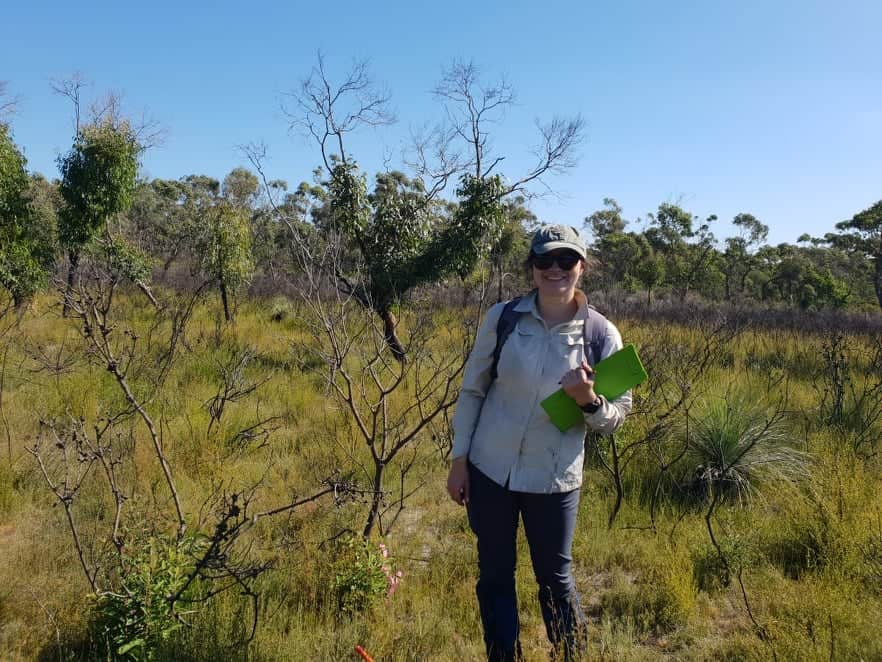I started my PhD in February 2020, right before we were swept into the Covid-19 pandemic. Despite the difficulties of the pandemic, I enjoyed my PhD immensely. I was supervised by Luke Kelly (Biodiversity Dynamics Research Group), Matt Swan (FLARE), and Trent Penman (FLARE). Going out in the field, growing plants in the greenhouse, learning complex modelling techniques, discussing interesting topics with colleagues – there has been no shortage of fun and stimulating things to do. I feel very lucky to have had this opportunity to learn and grow as a scientist. I’m now working with Emily Nicholson in the Conservation Science and QAECO groups at the University of Melbourne, and will be moving to CREAF, Barcelona in April 2024, to work with Lluis Brotons and colleagues on the wildE project, researching climate-smart rewilding.
Thesis – The mechanisms through which fire shapes plant life cycles in heathlands
Fire is a key driver of plant diversity, and many plants have adaptations that help them thrive in fire–prone ecosystems. However, changes to fire activity threaten thousands of plants worldwide. To understand the future of plant populations under fire regime changes, empirical research on fire’s influence on demographic processes is required. This thesis explored how patterns of fire influence plant species across their life cycle, from seeds to mature life stages, and how this relates to plant functional traits. I examined a Mediterranean-type heathland ecosystem as a case study, to examine the mechanisms through which fires impact plants at different lifestages, including those that take place above and below ground. I established 57 study sites in Gariwerd, southeastern Australia, which has experienced substantial variation in fire history. I combined field studies, laboratory trials, glasshouse experiments, and ecological modelling. Examining whole life cycles revealed new relationships between plants and characteristics of fires such as their frequency and severity. Fire-related plant traits enable prediction of environmental changes and can also inform conservation actions and decisions.
Q: What “day to day” type activities that you do?
I love that every day is different in a PhD, and within those days there is lots of variety. Often a day doesn’t look like a conventional 9-5 – when you’re out in the field from 6am-8pm, nor when you’re having a sleep in and starting at 10! You run the show – but also have lots of collaborations and connections with other people. Today, I started by drawing/designing for a couple of hours – I’m currently thinking about conceptual models for a paper. I then went to a reading group where we talked about an interesting paper, then went to another meeting with a speaker for a conference I’m helping to organise. I knocked out a bit of admin and correspondence for that conference, then went to a meeting about this website…then ran a tutorial for a course I tutor, before working through edits to a media article that just came back. Tomorrow I’m going to be in the glasshouse all day, identifying species as part of one of my studies, and stopping to listen to a confirmation seminar and to join our weekly FLARE lab meeting…. last week I was in the field…. the week before that I was at a virtual conference – there’s always something interesting going on!
Q: What pathway did you take to get into the research?
I think you could say I took a non-traditional path to get into scientific research. I originally studied a Bachelor of Arts in Ancient World Studies and Political science and a Diploma of Languages in Spanish. At that point I wouldn’t have believed I would end up in ecology or fire science. During my undergraduate I was navigating multiple interests to do with international politics. I was interested in the environment, and did forestry and conservation work in Malaysia, but was also interested in refugee and asylum seeker rights, so spent time working in Migrant Support. I did an honours year in political science where I looked at the effectiveness of carbon markets as emissions reductions tools, then spent some time working around the place, including tutoring at the university. I then decided I needed more grounding for my environmental interests, so did a Master of Environment, where I ended up writing a thesis on the influence of seasonal climate and competition on temperate eucalypt productivity. After my masters, I worked as a monitoring and evaluation consultant for programs to do with climate change, natural resource management, sustainability, and emergency management. I had always been interested in climate change, but here I picked up an interest in fire. I turned down a government job I had been eyeing off for a few years to take this PhD position. I started my PhD in February 2020- I was supposed to be in China for 6 months and starting in September… but Covid-19 had its own plans.
Q: Do you have any advice for future PhD students?
- Think about what you want to do after a PhD. Sometimes a PhD isn’t the right pathway to get to where you want to go, and it can be useful to think about the reasons you want to do it. There’s no ‘right reason’ to do a PhD- but make sure it’s something that you want to do.
- Fall in love with your project. Start something that truly excites you. There’s a lot of labour and difficulty in your PhD, so make sure it’s something you can be motivated for- even if your supervisors or others want you to do something else.
- Consider getting some work experience before starting, particularly if you want to work outside of Academia. For me knowing I had some professional experience gave me the confidence to take time to do my PhD. That experience has been useful in managing my time and in understanding how research can be relevant to those who use it.
- Think of it as delivering a work project. This is a full-time job that requires careful planning and time management. Think about what the outcomes will be, what the outputs are, who the stakeholders are, who your collaborators are, and how you will deliver it in a timely manner.
- Talk to your stakeholders. There’s likely going to be a bunch of people interested in your work, particularly if you have a strong management focus. They’re also likely to be highly knowledgeable and have a different take on an issue that you might not have thought of.
- Pick a supervisor you like as a person. Honestly the most important thing to look for in a supervisor. Imagine having a close working relationship with someone you didn’t like…
- Don’t take it so seriously. A PhD should be a fun and exciting thing to do. You do some seriously cool stuff and meet some amazing people. Despite what you might see on twitter, it’s not the academic hunger games. Honestly… it’s a lot of fun.
Q: How will your work impact real world management decisions?
It was important to me that my project was going to influence the “real world”. The project I chose is part of an Ecosystem Resilience Monitoring project funded by the Bushfire CRC and DELWP. Specifically, ‘Heathland sands’ Ecological Vegetation Division. Essentially, land managers want to know what happens to ecosystems under different conditions of fire regimes. This will feed into the management of heathland ecosystems by understanding how we can best apply and supress fire to best manage for diversity.
Q: What do you value or find important to success in your research environment?
An open and engaging learning environment where people love to talk interesting stuff. Friendships within the community. Kind and supportive supervisors (that manage to make you feel like something’s your idea when they have given you a lot of wisdom). Independence to be able to try new things and give things a go… with just enough nudges in the right direction. Opportunities to be involved in other cool stuff!



